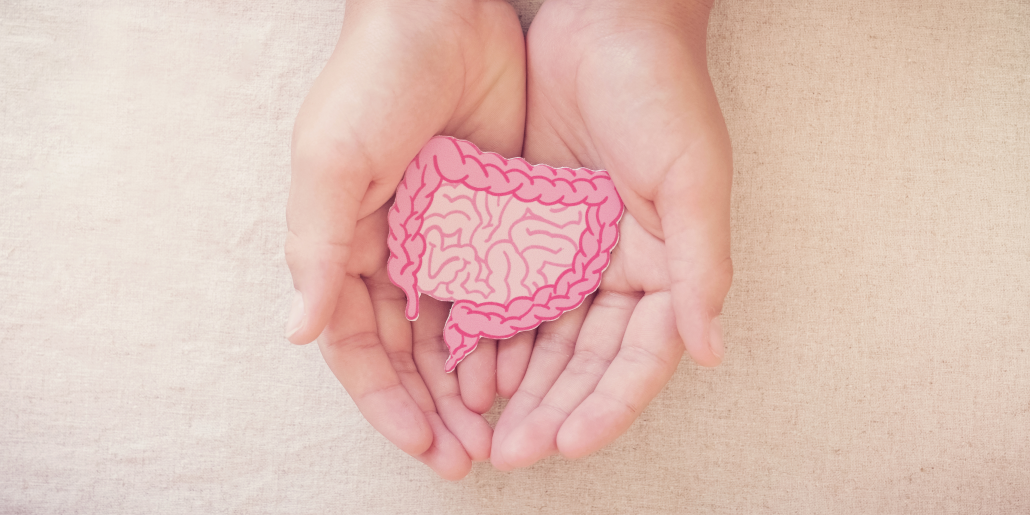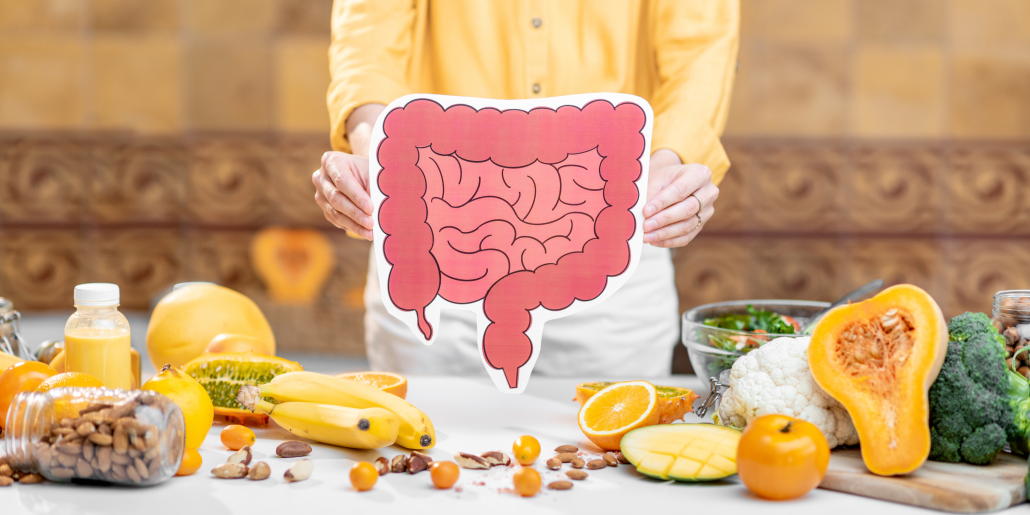Gut Health
Gut health plays a crucial role in maintaining overall health & well-being, and an imbalance in our digestive system has been linked to a wide range of health problems.
Some of it’s key functions:
Nutrient absorption: The digestive system is responsible for breaking down foods into nutrients that can be absorbed by the body. These nutrients are essential for energy production, growth, repair, and maintaining overall health and wellbeing.
Gut Microbiome: The gut is home to trillions of microorganisms, collectively known as the gut microbiome, which plays a crucial role in regulating various bodily functions and maintaining overall health. A healthy gut microbiome is linked to improved immune function, better mental health, and a reduced risk of certain disease.
Immune system: The digestive system is an important part of the immune system, as it is responsible for identifying and eliminating harmful pathogens and toxins that enter the body through food and drink.
Hormonal regulation: The digestive system is involved in the regulation of hormones that control appetite, metabolism, and mood. An imbalance in these hormones can contribute to a range of health problems, including obesity, diabetes, and depression.
Elimination of waste: The digestive system is responsible for the elimination of waste and toxins from the body. If the digestive system is not functioning properly, waste and toxins can build up in the body, contributing to a range of health problems.
If you think you have poor gut health or would like to assess your gut health, you can book in for an assessment with Jaime here.




